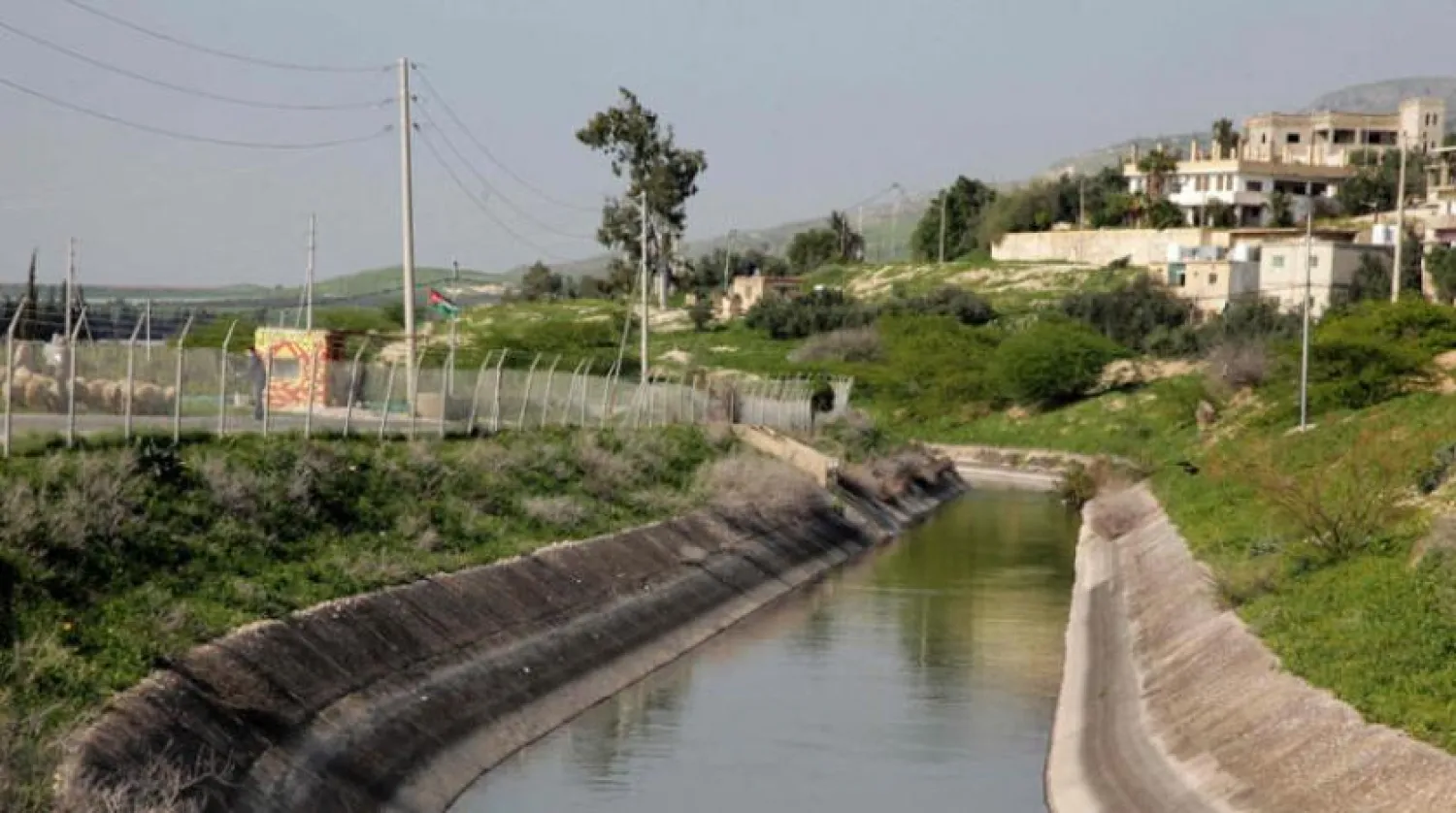Israel’s President Isaac Herzog has announced the return of diplomatic ties with Jordan to the right path.
Jordan's King Abdullah II on Saturday received a telephone call from Herzog. The former congratulated him on being sworn in as president last week.
A reliable source characterized the call as “friendly and warm.”
The Jordanian monarch “expressed satisfaction over the return of the diplomatic relations to their proper trajectory,” the Israeli president’s spokesman said.
Herzog’s office said the two agreed to remain in contact “to work together to advance cooperation between the states, for the benefit of their nations and the entire region.”
The Israeli president was quoted as saying that he wanted to strengthen economic and tourism ties between the two countries.
A statement carried by Jordan’s official Petra news agency said King Abdullah called for increased efforts to reach a two-state solution to the Israeli-Palestinian conflict.
Last week, Israel struck a deal to sell Jordan an additional 50 million cubic meters of water this year and allow Jordanian imports to the West Bank to go up from $160 million in 2020 to about $700 million.
The deals were concluded after Prime Minister Naftali Bennett and King Abdullah met in Amman, followed by a public meeting on Thursday between Foreign Minister Yair Lapid and his Jordanian counterpart Ayman Safadi.
Gilad Sharon, the son of late Israeli Prime Minister Ariel Sharon, led a campaign against the water deal.
Neglecting the fact that Jordan will pay 40 cents for each cubic meter of water (which is four folds the usual cost), Sharon considered that this deal gives Israel’s water for free.









